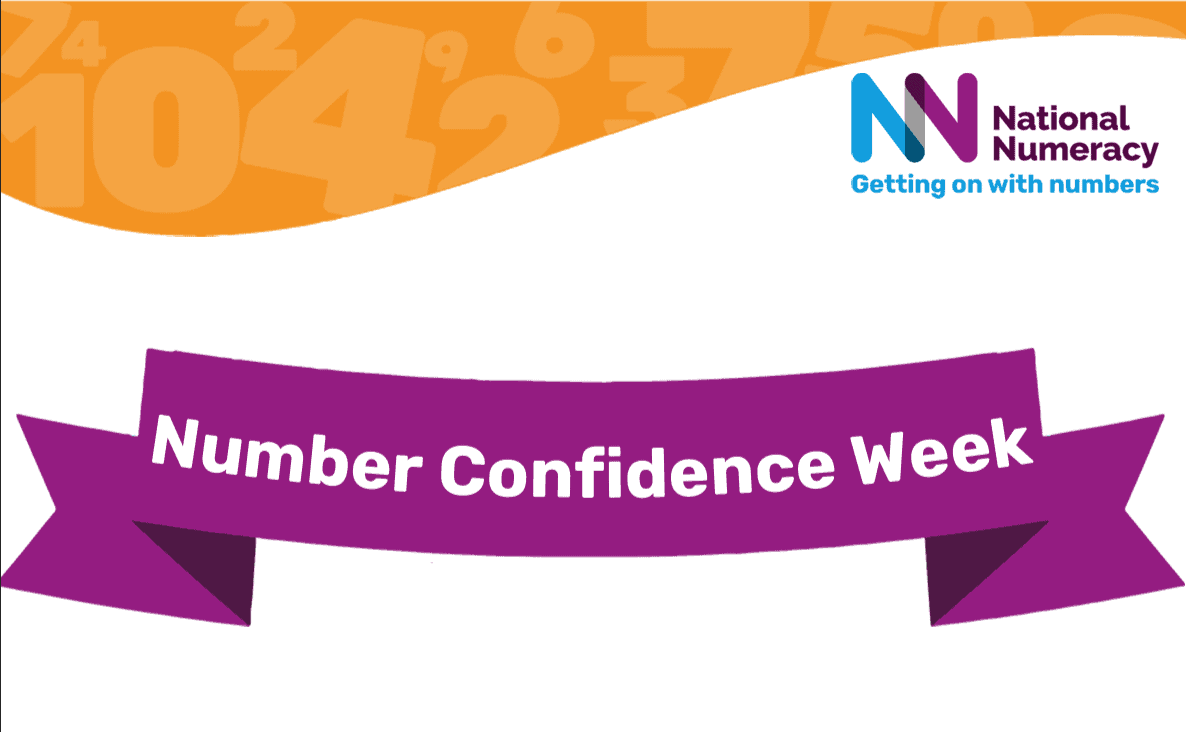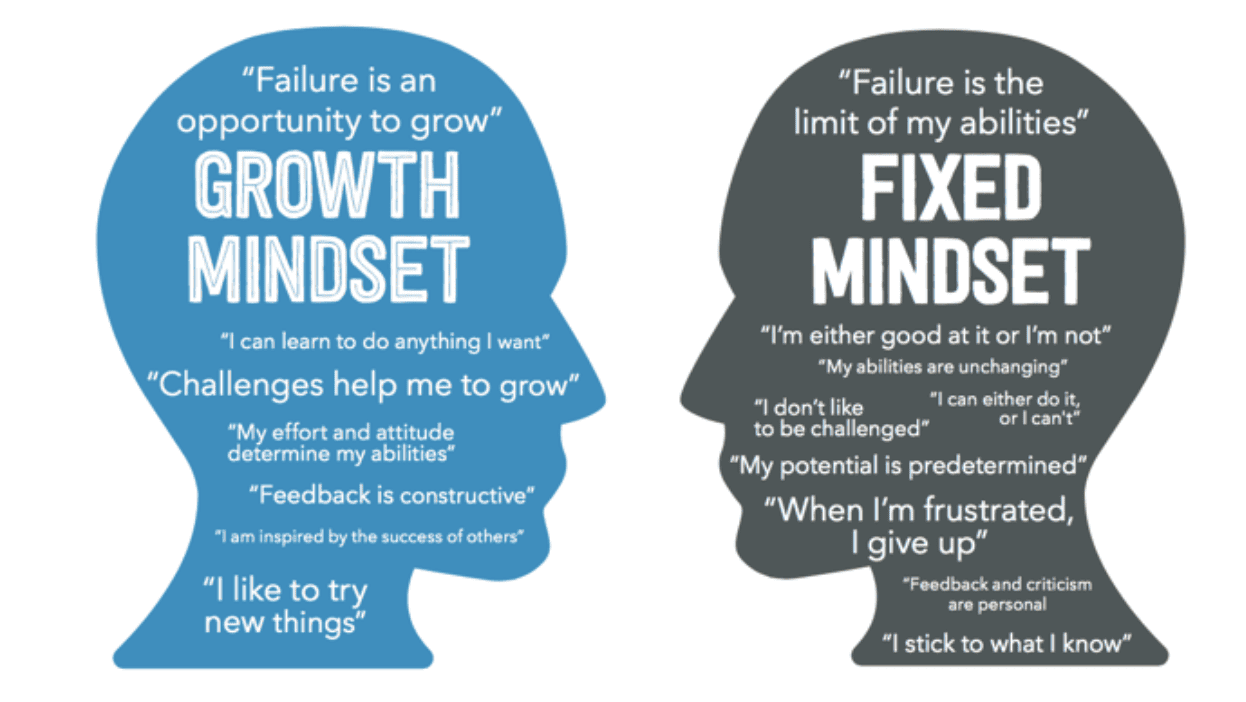Number Confidence Week: Tips to Build Number Confidence for the 11+

This week (November 7-11th 2022) is Number Confidence Week.
This is a confidence based campaign by the charity National Numeracy designed to help reduce anxiety with numbers for adults as well as children. According to research by the University of Cambridge, “Many children and adults experience feelings of anxiety, apprehension, tension or discomfort when confronted by a maths problem.”
Numeracy refers to our ability to understand and use maths in daily life, at home, work or school. Numeracy is not always taught in the classroom alongside more complex skills like algebra, but it is as important as literacy when it comes to solving problems in real-life situations. Low confidence with numbers can cause children to feel anxious and resentful towards maths and it may hold back their overall progress. Low numeracy confidence can affect parents as well, who may feel unable to help their children with their school work.
National Numeracy has compiled a number of great resources for parents to help them support their own children with maths, including videos and downloadable worksheets. As well as this, National Numeracy hosts the National Numeracy Challenge, a website that provides free resources and courses to improve number confidence. The challenge can be completed on a phone, tablet or computer and progress can be saved as you go, which makes it an accessible method for addressing skills that need improvement.
Number confidence of course can have a huge impact on your child’s 11+ preparation progress. Number Confidence Week is a great chance to inspire your child to take part in activities and a change of mindset that will improve their overall experience of maths. We have compiled five tips for how to support your child in improving their number confidence alongside Number Confidence Week.
1. Make maths relatable
Maths is everywhere in our day to day life. It can be easy for children to convince themselves that maths is irrelevant to them and that they will never use the skills they are learning in their classrooms. This is far from the truth!
Point out maths in the real world to help children see that it is relevant to them and how it can be a benefit in day to day life. Let children help with counting change, working out how long a bus will take to arrive or measuring ingredients for a recipe. Maths does not have to mean worksheets alone – bring out the maths in the things you and your children enjoy doing together.
Incorporate what your child loves into their maths. If they are particularly gripped by a recent film or video game, this might provide a great narrative to work maths into and to bring numbers to life with.
Maths games can be a great way to make maths approachable and fun; they are also a great way for students to practise, fail and grow. Parents can learn more about their child’s mathematical thinking through games. They can also inspire children to apply their mathematical thinking
The University of Cambridge website Nrich ( https://nrich.maths.org/ ) contains a number of engaging games and tasks designed to stimulate and encourage children of all ages and abilities.
2. Make maths interactive
Use physical items that children can manipulate and see in front of them. This will help children with visualisation and will help them to feel the practical relevance of their numeracy.
Physical portions of food can be used to practise equal division, pizza slices can be used to understand fractions, clock hands can be moved to count time, physical coins can be used to understand quantities of money.
These physical objects can help to engage children and excite their interest in the narrative of the maths they are learning, as they become actively involved in problem solving and the maths story they are telling.
3. Remove time pressure
There is more to maths than instant recall. Many children may freeze when put on the spot to solve a maths sum and this may lead them to doubt their numeracy skills, simply because they are not fast.
The ethos behind Number Confidence Week is to dispel the myths that many believe about their “innate” maths abilities. For some, maths may seem to come quickly and naturally. This does not mean that others are doomed to always fail with numbers.
There are many skills involved in numeracy and maths, including reasoning and problem solving. Removing a ticking clock when approaching tricky questions can help children to feel more confident in their ability to overcome a problem, as they can take the time they need to apply these skills.
When it comes to the 11+, speed is a skill that can be improved at a later date. The first step to improving maths skills is feeling confident and able to work towards solutions. When students improve their confidence they will feel empowered to challenge themselves – this is when you can begin to improve timings!
4. Be positive about maths
Anyone can improve their skills. Changing how we talk about maths and, ultimately, how we think about it can make a big difference in how we approach numbers. As a parent, you can play a significant part in improving your child’s mental attitude towards their own numeracy skills.
Avoid voicing negativity towards maths. Saying things like “I hated maths at school” and “I can’t do maths” may provide an excuse for your child to give up on a maths problem sooner, and might even lead to them believing their own abilities are fixed and unable to change. Remember: no one is born a maths genius. Maths skills grow and change over time.
Instead, consider substituting negative comments with something like:
- Everyone can do maths – you can improve if you keep working at it.
- I also found this hard to understand, but mistakes were the first step to improving.
- You’ve got part of this right, let’s keep working until we get to the answer.
Children may declare that they “can’t do algebra” or that they “can’t understand fractions.” Gently correct them with the word “yet” to dispel this negative self-talk.
“I can’t do algebra yet.”
“I can’t understand fractions yet.”
This encourages students to keep working. The act of not giving up is the first step to building these skills.
5. Praise effort…
…rather than “cleverness”. When a child struggles, they might believe it is because they aren’t naturally talented and that it is impossible for them to succeed. Praise the effort that goes into improvement to show that it is possible to succeed through hard work and consistency.
Saying something like “you must be so proud of the work you put in!” rather than “you’re so smart for getting that right!” can help children to feel an intrinsic sense of accomplishment for their efforts. This can be more rewarding and inspiring in the long term, as children come to value their work and dedication rather than a perceived natural ability.
Growth Mindset
Praising perseverance is key to fostering a growth mindset in your child.
Those with a fixed mindset believe that we are born with the skills and traits that we have and that they cannot be changed. Examples of this type of mindset might include things like: “I’m either good at it or I’m not”, “when I’m frustrated, I give up”, “my potential is predetermined”, “there is no point in trying because I’m not naturally talented”.
A growth mindset, on the other hand, is the belief that our intelligence and abilities can be improved with effort and practice. Examples of a growth mindset might include things like: “failure is an opportunity to grow”, “I can learn to do anything I want”, “I like to try new things”, “my effort and attitude determine my abilities”.
Developing the right mindset will have a huge impact on a child’s confidence. When children understand that putting in effort and using the right strategies can help them improve their skills, they can feel empowered and can try harder. With the knowledge that their brains are capable of growing and that failure is a fundamental part of this, they can become more confident and resilient. Failure thus actually does become a stepping stone towards success and betterment rather than a setback and knock to their belief in themselves.
This article by Big Life Journal provides a free resource for teaching a growth mindset to children. Simply introducing the concept of a growth mindset is the first step to helping your child to reframe their beliefs about themselves and their abilities.

We hope this week brings some exciting discoveries and accomplishments in your child’s numeracy and number confidence!
For more 11+ maths help, take a look at our 11+ Basics: Maths Explained blog post.
For free resources and practice questions and answers that can be downloaded and attempted at home, you can visit our Maths Revision aids page at elevenplusexams.co.uk.